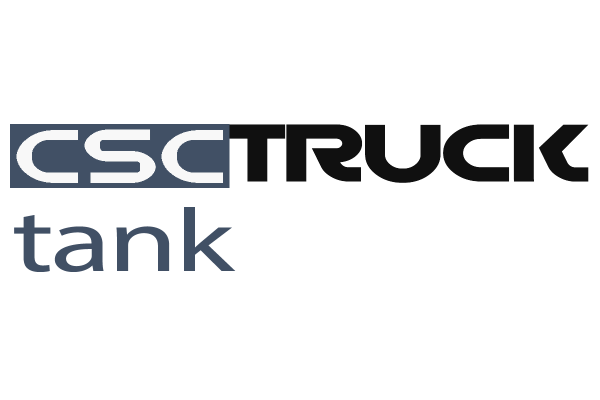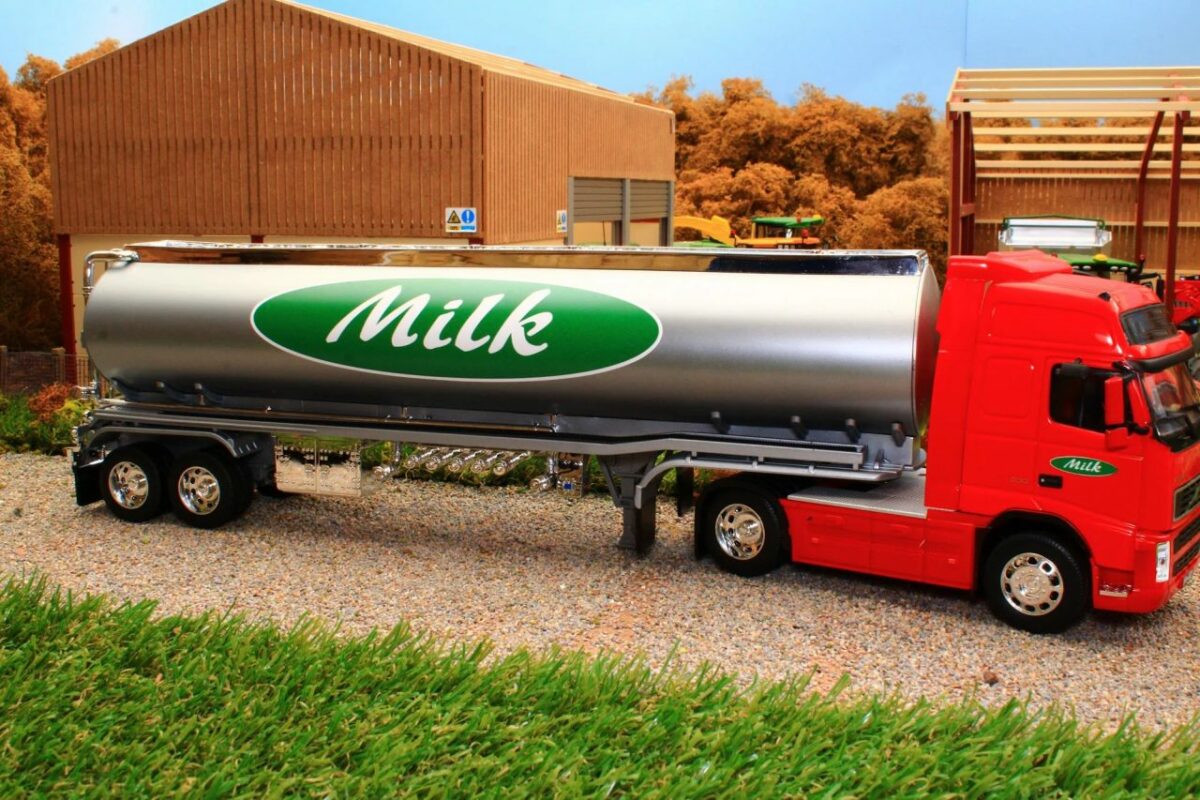Milk tank trucks are an essential part of the dairy industry. They are used to transport milk and other dairy products from dairy farms to processing plants, and from processing plants to distribution centers and retail stores. Milk tank trucks play a vital role in ensuring that dairy products are delivered safely and efficiently, and that they meet high quality standards.
How Milk Tank Trucks Work
Milk tank trucks are insulated vehicles that are equipped with large tanks for storing milk. The tanks are made of stainless steel or other food-grade materials, and they are kept cold by a refrigeration unit. The trucks also have pumps that are used to transfer milk from the tanks to other vehicles or containers.
Milk tank trucks come in a variety of sizes, depending on the amount of milk that they need to transport. Small trucks can hold a few thousand gallons of milk, while large trucks can hold up to 50,000 gallons.
The Benefits of Using Milk Tank Trucks
There are several benefits to using milk tank trucks. First, they are a very efficient way to transport milk. Milk tank trucks can travel long distances without the need to stop and refuel, which saves time and money.
Second, milk tank trucks are very hygienic. The tanks are kept cold, which helps to prevent the growth of bacteria. The trucks are also designed to prevent contamination from the outside environment.
Third, milk tank trucks can be used to transport a variety of dairy products. In addition to milk, they can be used to transport cream, cheese, yogurt, and other dairy products.
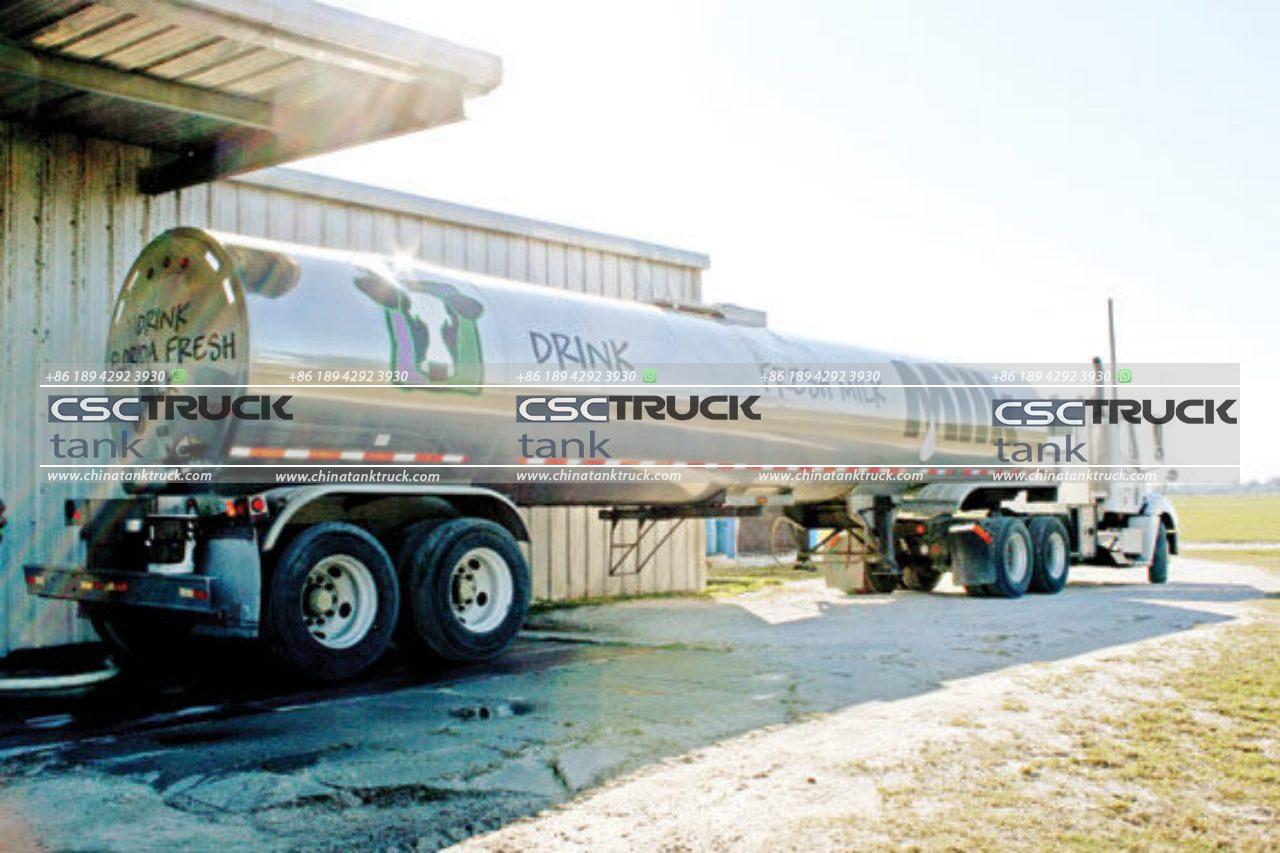
The Importance of Hygienic Milk Delivery
Hygiene is essential in the dairy industry. Milk is a perishable product, and it can easily become contaminated if it is not handled properly. Milk tank trucks play a vital role in ensuring that dairy products are delivered safely and hygienically.
The tanks of milk tank trucks are kept cold to prevent the growth of bacteria. The trucks are also designed to prevent contamination from the outside environment. The pumps that are used to transfer milk from the tanks are also designed to be hygienic.
The Future of Milk Tank Trucks
The dairy industry is constantly evolving, and milk tank trucks are no exception. In recent years, there has been a trend towards using more fuel-efficient trucks. There has also been a trend towards using trucks that are equipped with GPS tracking systems. This allows dairy companies to track the location of their trucks and to ensure that they are delivered on time.
In the future, milk tank trucks are likely to become even more sophisticated. They may be equipped with sensors that can monitor the temperature of the milk and the condition of the tanks. They may also be equipped with systems that can clean the tanks automatically.
The Challenges of Milk Tank Truck Transport
Despite the many benefits of using milk tank trucks, there are also some challenges associated with this type of transportation. One challenge is the risk of contamination. Milk is a perishable product, and it can easily become contaminated if it is not handled properly. Milk tank trucks must be kept clean and sanitized to prevent contamination.
Another challenge is the cost of milk tank truck transport. Milk tank trucks are expensive to purchase and operate. The cost of fuel, insurance, and maintenance can add up, especially for long-distance transportation.

The Future of Milk Tank Truck Transport
The future of milk tank truck transport is likely to be shaped by a number of factors, including the increasing demand for dairy products, the rising cost of fuel, and the growing concern about environmental sustainability.
One trend that is likely to continue is the use of more fuel-efficient trucks. As the cost of fuel continues to rise, dairy companies will be looking for ways to reduce their transportation costs. More fuel-efficient trucks can help to achieve this goal.
Another trend that is likely to continue is the use of trucks that are equipped with GPS tracking systems. This technology allows dairy companies to track the location of their trucks and to ensure that they are delivered on time. This is especially important for long-distance transportation, where delays can have a significant impact on the freshness of the milk.
In the future, milk tank trucks may also be equipped with sensors that can monitor the temperature of the milk and the condition of the tanks. This information can be used to prevent contamination and to ensure that the milk is delivered in good condition.
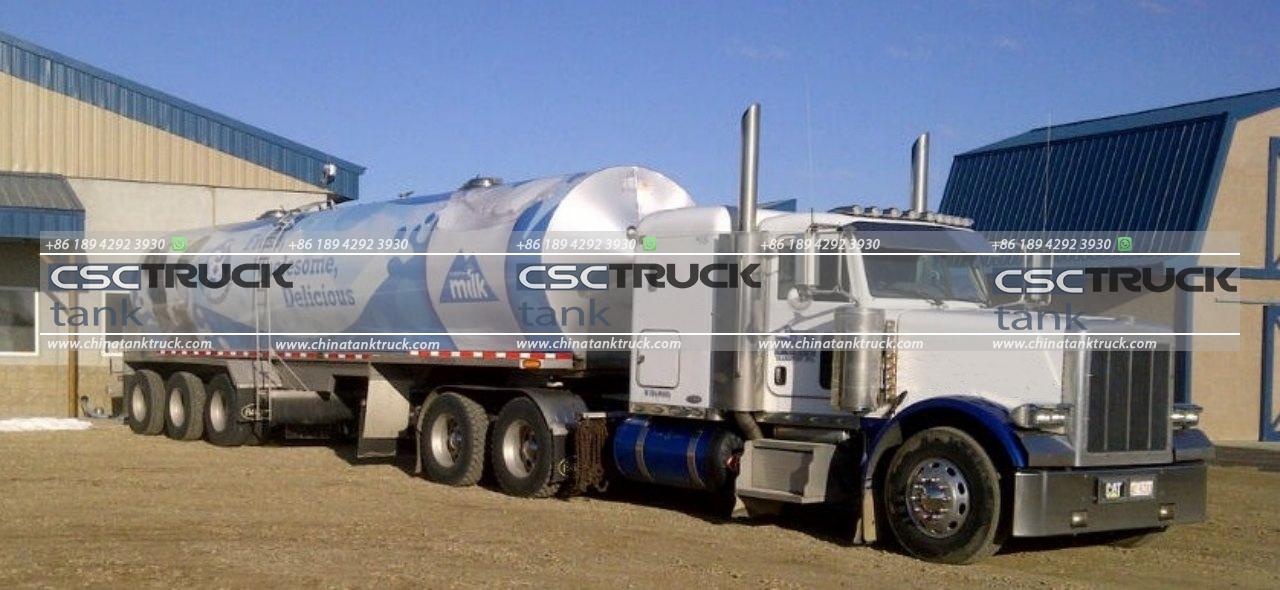
Conclusion
Milk tank trucks are an essential part of the dairy industry. They play a vital role in ensuring that dairy products are delivered safely and hygienically. As the dairy industry continues to evolve, milk tank trucks are likely to become even more sophisticated. They will be equipped with the latest technologies to ensure that dairy products are delivered in the best possible condition.
Additional Information
Here are some additional information about milk tank trucks:
- The average milk tank truck can hold between 4,000 and 8,000 gallons of milk.
- Milk tank trucks are typically equipped with a refrigeration unit that keeps the milk cold at a temperature of 35-40 degrees Fahrenheit.
- Milk tank trucks are typically made of stainless steel or other food-grade materials.
- Milk tank trucks are subject to a number of regulations, including those that govern food safety and transportation.
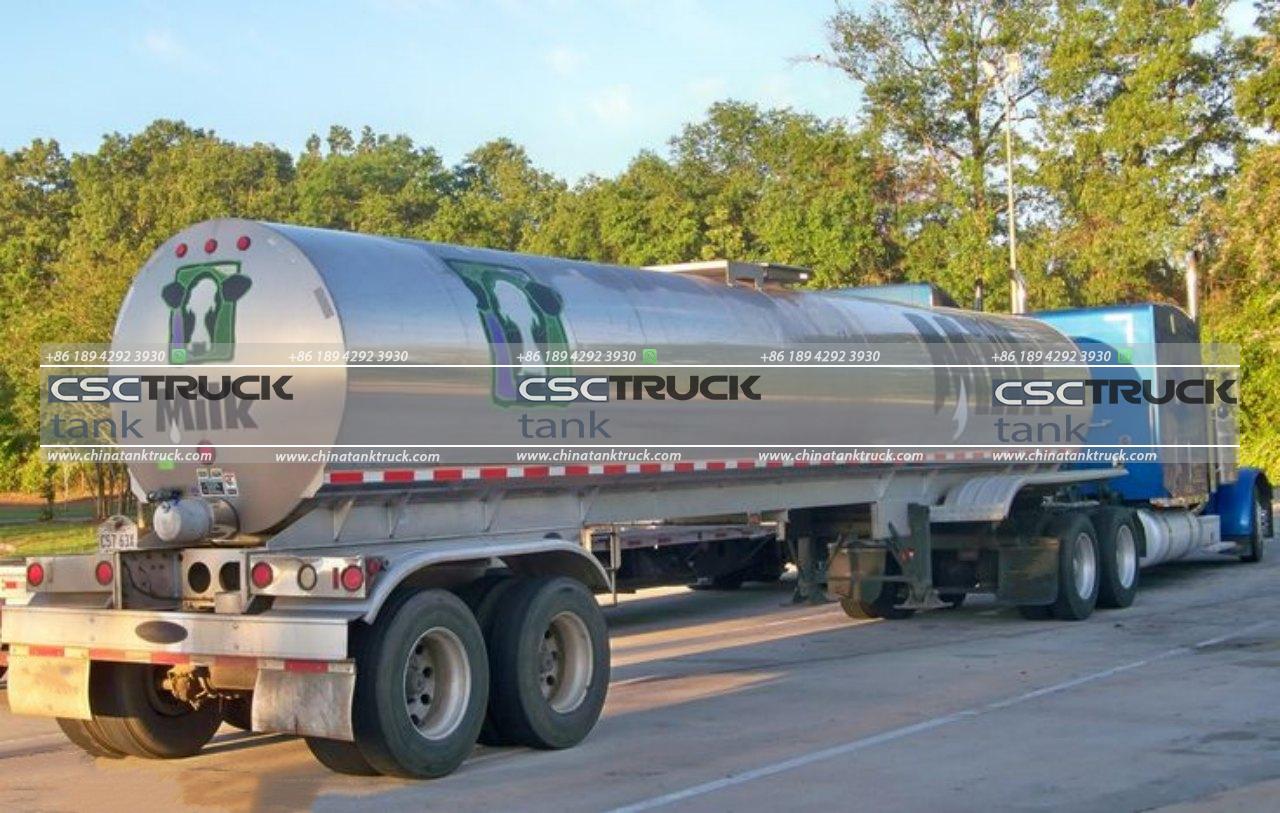
I hope this article has been informative. Thank you for reading!
